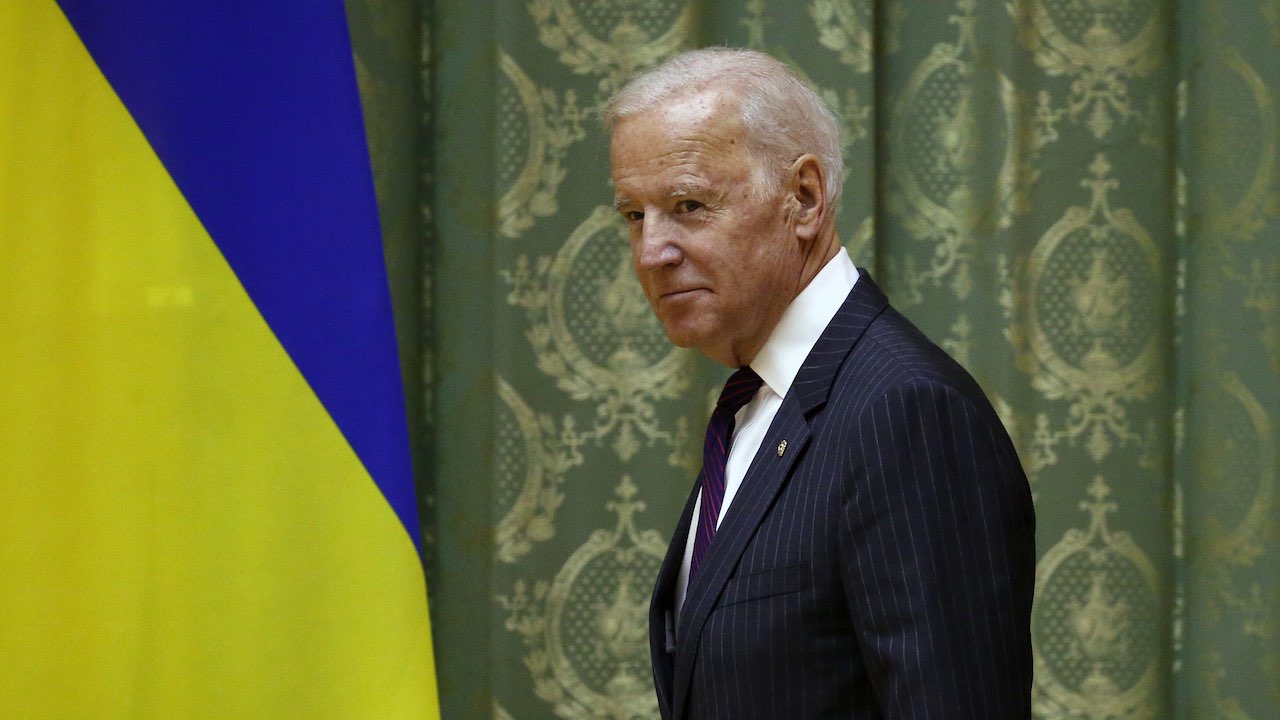Biden and his Ukrainian counterpart, President Volodymyr Zelensky, are bracing for a high-stakes summit in Washington next month that will have far-reaching consequences for the Transatlantic community and NATO’s eastern flank. The forthcoming meeting presents a unique opportunity for both countries to advance bilateral relations. Having finally received an invitation to the White House, Zelensky will have a short moment in the international spotlight to court Western support for his country, while Biden could prove that U.S-Ukraine ties have entered a drastically new chapter in comparison with the turbulent years of the Trump Administration.
From a Ukrainian perspective, the summit comes after a number of worrying events. Following Russia’s military build-up along the Ukrainian border and in the occupied territories in April, Ukraine doubled down on its efforts to secure a NATO Membership Action Plan (MAP), a key precursor to membership. Not only was Ukraine unable to obtain support for a MAP, the Biden Administration – reversing a previously tough stance – backtracked on sanctioning the new 1,200km (746 miles) Nord Stream 2 gas pipeline, which will allow completion of the nearly finished project.
Critics argue that Biden chose to reward President Vladimir Putin with a summit instead of first meeting Zelensky and that the U.S parked “the Russia issue,” which effectively put Ukraine’s problems on the backburner.
Despite these issues, the Washington summit is a major political victory in and of itself for the Ukrainian president. Former U.S. President Donald Trump infamously decided to use Ukraine as political leverage against then-presidential candidate Biden, seemingly making the prospects of a White House meeting remote. But Biden’s decision to host Zelensky and U.S. Secretary of State Antony Blinken’s visit to Kyiv in May indicate that there is now a more positive tone and a higher level of understanding of what Ukraine means for the Transatlantic community.
Ukraine’s recent foreign policy failures on NATO membership and Nord Stream 2 make it clear that the Washington summit will need to go beyond photo opportunities and result in concrete agreements to enhance bilateral relations. Equally important, is the need for results for the Biden Administration. Early on, the U.S. President vowed to make Ukraine a foreign policy priority. A failure to deliver after the turbulent events of the past months could harm Biden’s credibility, particularly in his broader goals of countering Russia and China.
With pressure mounting on both leaders, advancing bilateral ties must include enhanced cooperation in defense. The easiest way to do so involves stepping up military support for Ukraine, something Kyiv has been lobbying for. The U.S. Senate Committee on Foreign Relations has already made a big step in this direction in April when it endorsed the Ukraine Security Partnership Act, envisaging $300m in annual military assistance up to 2026. Dr. Karen Donfried, Biden’s nominee for Assistant Secretary of State for European and Eurasian Affairs, also signaled that she will work with Congress to step up support for the country. Ukraine has become a frontline democracy for the West, and the United States should take the lead in stressing that, as the April mobilization showed, Russian aggression could escalate anytime.
Other, further-reaching possibilities for the U.S. include forging a closer security partnership with Ukraine, granting the country a Major non-NATO Ally Status (MNAA), and further steps to maintain Ukraine’s status as a gas transit country. Despite the long-standing disagreements between Washington and Berlin on Nord Stream 2, a U.S.-German energy deal to compensate Ukraine is reportedly nearing completion – with the ultimate aim of ensuring the energy security of both Ukraine and the Central and Eastern European region. Even so, any outcome which allows Russia to weaponize Nord Stream 2 without challenge will be seen as a failure.
The White House could also seek a more active role in the peaceful settlement of the Donbas War and Russia’s annexation of Crimea. While the U.S. is unlikely to join already existing conflict settlement formats such as the Normandy Four or the Trilateral Contact Group (and is unable to do so without the approval of all sides at the table), the Crimean Platform Summit, the newest conflict resolution mechanism promoted by Zelensky and scheduled for August 23 provides a good opportunity for greater U.S. involvement. Biden’s attendance at the Crimean Platform Summit, to which the U.S. has been invited, would undoubtedly confound critics of his Ukraine policy. Similarly important would be the appointment of a new special envoy for Ukraine, a position that has been vacant since Ambassador Kurt Volker stepped down in 2019.
Looking beyond security issues, it is imperative that the U.S. also remains active in demanding further systemic reforms from Ukraine, both as a virtuous policy in itself and because corruption serves as a tool for pro-Kremlin entities to increase Russia’s malign influence in the country. Following up on sanctioning Ihor Kolomoisky in March, Biden should encourage Zelensky’s newly intensified approach against the country’s oligarchs. Ukraine has made considerable steps to curb Russian influence by taking on Viktor Medvedchuk and his Russian-linked business interests. Nonetheless, it remains to be seen if the Ukrainian leader delivers on this issue, one of his biggest election promises.




